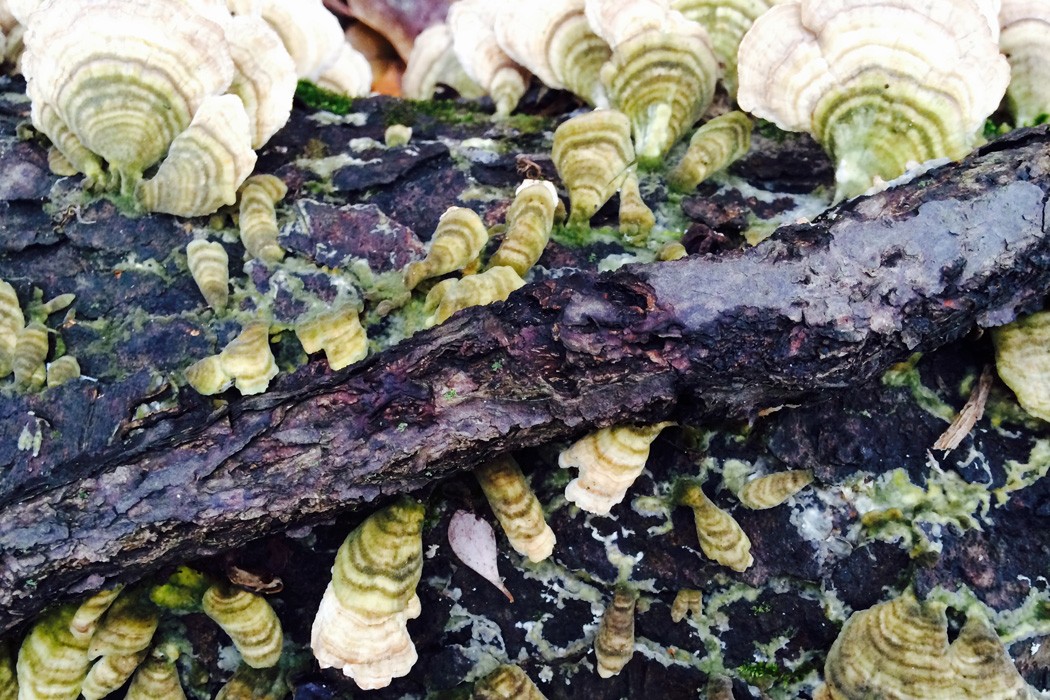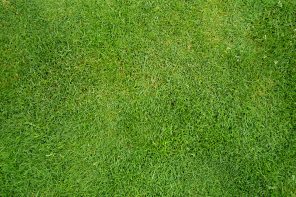Ma was boiling molasses in a pan. When Laura’s kettle was full of popped corn, Ma dipped some into a large pan, poured a thin trickle of molasses over it and then buttering her hands, she deftly squeezed handfuls of it into popcorn balls. Laura kept popping corn and Ma made it into balls until the large dishpan was heaped with their sweet crispness.
In the sitting room Carrie and Grace made little bags of pink mosquito netting, left over last summer from the screen door. They filled the bags with Christmas candy that Pa had brought from town that week.
Laura Ingalls Wilder, These Happy Golden Years
Somehow, I missed Laura Ingalls Wilder’s books when I was a child. While other kids were getting the recommended yearly value of childhood classics, I was filling up on fluffier stuff: Babysitters’ Club, Sweet Valley Twins. Perhaps, even though some of my favorite days were spent on my friend Laura’s farm, I just didn’t think of myself as a country girl.Now, as a committed resident of a rural place, I help tend a pony and a goat and a huge garden and 67 acres of rolling hills, so it was with special relish that I hunkered down this fall—finally!—with friends’ well-worn copies of Wilder’s series, the taped bindings crackling as I sped through the volumes. Even while a limited understanding of Native Americans made my heart ache over the past, I found myself geeking out over detailed descriptions of pioneer practices, some of which I know how to do, and many I’ve never tried. The accounts of clothing are luxuriously rendered, maybe because a family always living on the edge of poverty knew how to appreciate the rarity of a new dress. Descriptions of the food, while mostly variations on beans, bread, and dried apples, always made me hungry for something hearty, with a fragrance of home. And I loved the stories of home making and house building, from a wagon campout to a sod dugout to a solitary claim shanty.
And in keeping with our December issue theme for Topology, there is thriftiness aplenty! When Almanzo’s mom trades rags for her new tin ware, when the Wilder sisters make Christmas candy bags out of screen netting, when Carrie gets a button necklace for Christmas—there is no shortage of repurposing anything and everything, and nary a mention of waste, human or otherwise.
And yet, I can see consumerism beginning to creep into our national narrative, tiny as a single bacteria that aspires to spawn an epidemic. Hems are short, and then they’re long. Bustles are out, and then they’re in. Machines are shunned, and then no one can possibly make a living on the land without them. Much as the earth howls at the windows of the settlement like a winter wind out of the northwest, the human habitants turn their backs to the drafts and indulge in the warm glow of human culture: the promise of the future.
Not that I can fault them entirely. It is the excess of one single farmer’s cultivated wheat, after all, that saves an entire town from starvation in the long winter. Making culture—reimagining and recreating what the earth offers—is good work, and it saves us daily. Without it, we’d have no fiddles or feasts, no fashions or faith traditions.
Reading through Wilder’s series, I marvel at the cultural knowledge we’ve lost since the mid-nineteenth century. And yet even while she spins appealing tales of creation and innovation, chock full o’ ye olde pioneer spirit, they are also tales of cultural displacement, alluding to the tenuous mythology of the doctrine of discovery. For example, when Pa attempts to stake his first claim to build a farm, there is only slight mention of a nearby path in the prairie grass. Turns out, they built right next to the equivalent of a Native American highway, but they didn’t have the eyes to see the path as human culture, nor did many of the settlers have eyes to see the Indians as human beings.
The same blindness has contributed to short-sighted agricultural policy in the intervening years, basing best practices on the assumption that the soil is an inert medium, instead of a living world as worthy of tending as a fold of sheep or a row of tomatoes. We might be charmed by the Wilder sisters’ re-purposing of mosquito netting for candy sacks, but it’s still just an approximation of a much older sort of thrift that lives in the land itself for those with eyes to see—a thrift that was already being forgotten when the Wilders were working their way west. Wendell Berry is one of many contemporary prophets calling us back to wakefulness in poems like “An Anniversary”:
What we have been becomes
The country where we are.
…In the household
Of the woods the past
Is always healing in the light,
The high shiftings of the air.
It stands upon its yield
And thrives. Nothing is lost.
Unlike our increasing frenzy with repurposing as a way of justifying our overconsumption, it is not for the thrill of upcycling or Pinterest cred that the earth makes use of everything that is offered to it, but I don’t pretend to understand fully the more of this mystery. I only know it makes sense to me to keep playing at mimicking the earth’s impossibly expansive thriftiness, and to honor what happens outside of human control. I think of the old cinderblock I noticed the other day, cast off next to the crumbling fence line in the woods that is left over from the days when the land I tend used to be a farm. Next to the trees that are slowly swallowing up the barbed wire, a shock of moss has colonized the block. We are all food for worms, as it were, and so is all of our stuff: the button necklaces, the bustles, the tin cup and all the trappings of yet another best Christmas ever. “Nothing is lost,” and as my world winds down into another winter, I find these thoughts not morbid, but comforting. We humans cannot make something out of nothing, but with hopeful practice and attention, we can try to make something more out of something less, and when we forget how, the earth is there to help us remember. If frost and moss can return stone to the soil, then perhaps it can also eat bullets if we just leave them lie long enough.




